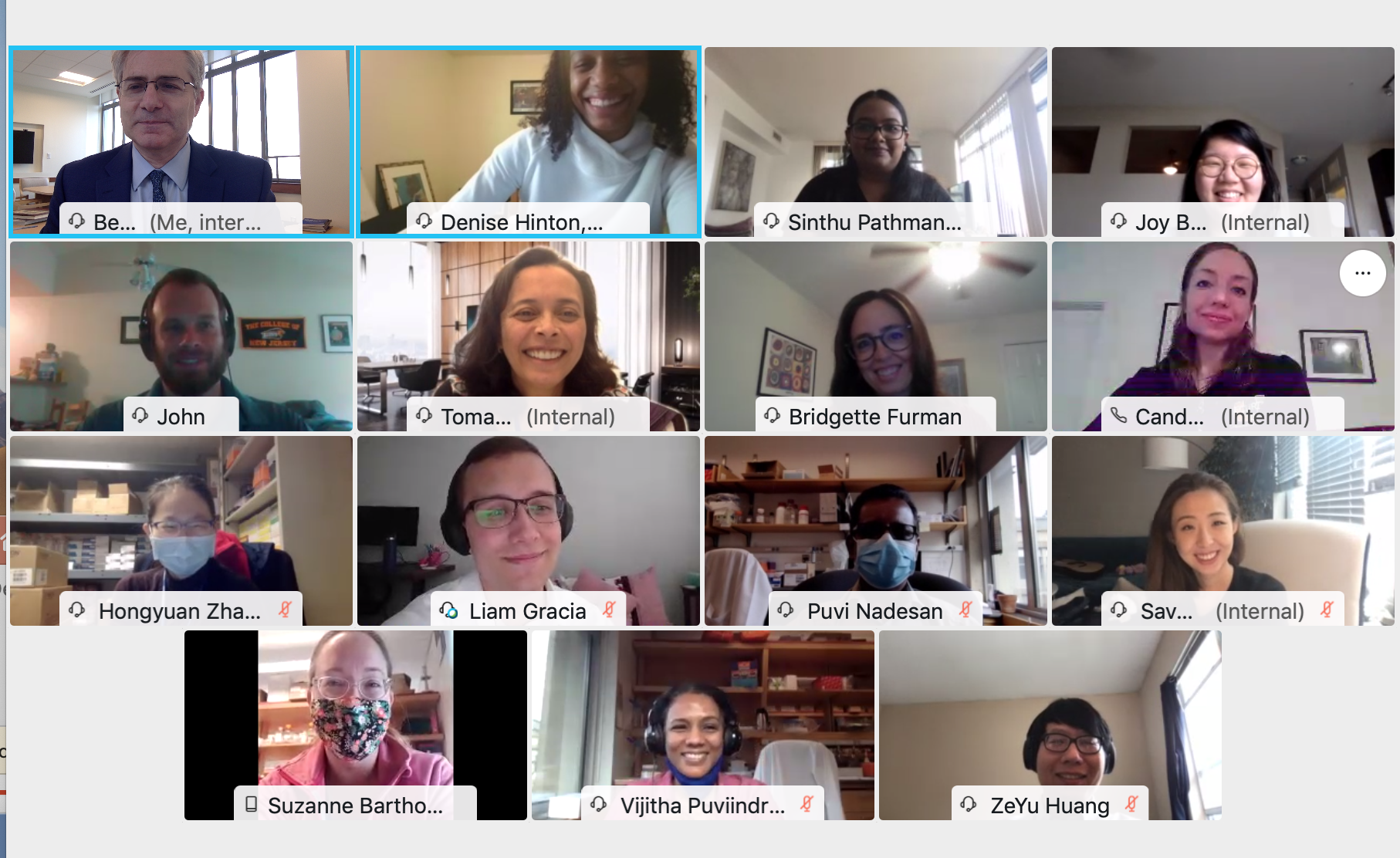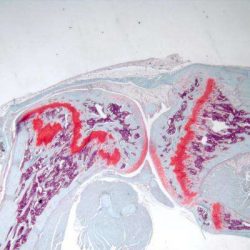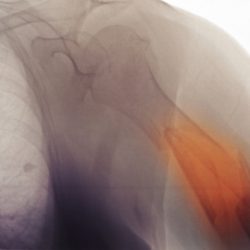Research Focus
Wound Healing
Stem Cells & Neoplasia
Cartilage & Joint Development
Joint Degeneration & Repair
Bone Regeneration
About the Alman Lab
The long-term goal of his work is to use this knowledge to identify improved therapeutic approaches to orthopaedic pathologic disorders. He makes extensive use of genetically modified mice to model human disease, and used this approach to identify new drug therapies for musculoskeletal tumors and to improve the outcome of related processes in cartilage, skin, and bone. As part of this work, Dr. Alman generated novel genetically modified mice to study tumors and reparative processes and is using these to develop new therapies. He also works on cellular heterogeneity in bone tumors, such as sarcomas, and how this relates to developmental processes. His lab identified a subpopulation of tumor initiating cells in musculoskeletal tumors, and found that this subpopulation of is responsible for sarcoma self-renewal. Another focus of the Alman Lab is to determine the regulation of mesenchymal cells in repair processes. Dr. Alman’s work on beta-catenin (ß-catenin) using transgenic mice was the first demonstration of the importance of this pathway in fracture repair. More recently, he used lineage-tracing studies to investigate the role of macrophage cells in skin and bone repair, and found a novel role for young hematopoietic cells in rejuvenating fracture repair. Dr. Alman is the principal investigator on several NIH grants; has more than 175 peer-reviewed publications in journals such as Lancet, Cell, and Nature Medicine; and has supervised over 30 graduate students and postdoctoral research trainees in his lab. He was recruited to Duke from Toronto’s Hospital for Sick Children in 2013.
Lab TEAM

Benjamin A. Alman, MD

KOJI ISHIKAWA

Eijiro Shimada

Savanna Ma

Tuyet Nguyen

Asjah Wallace

Jing Xie

Choiselle Marius

MaKenna Browne

Dr. Tomasa Barrientos De Renshaw

Puvi Nadesan

Vijitha Puviindran








